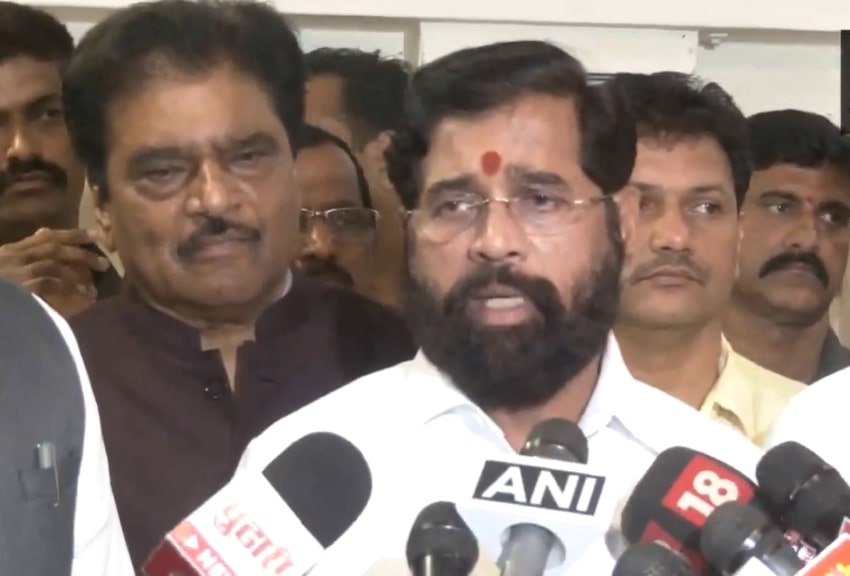Maharashtra’s Deputy Chief Minister, Eknath Shinde, has come out in strong support of the Waqf (Amendment) Bill 2024, calling it a vital reform aimed at benefiting society. In a press statement, Shinde highlighted the need for changes to the management of Waqf properties, which he described as being under the control of “just a handful of people owning a lot of properties in the name of Waqf.” He emphasized that the amendments to the bill are intended to ensure that the properties benefit the larger public.
“The amendments being introduced today are to ensure benefits to the people; schools, colleges, and hospitals should be made,” Shinde said, framing the bill as a means to channel Waqf resources toward social welfare initiatives. He pointed out that the proposed changes aim to open up Waqf assets for broader public use, benefiting communities by improving access to education and healthcare.
Shinde expressed disappointment over the opposition from the Shiv Sena (UBT) faction, which has been vocal in its criticism of the bill. “If Shiv Sena (UBT) opposes the amendments to appease a few people, it is unfortunate,” he remarked, suggesting that the opposition party’s stance was driven by narrow interests rather than the welfare of the wider society.
According to Shinde, the reforms outlined in the bill are crucial for the overall development of Maharashtra and its citizens. “This amendment bill is for the welfare of society,” he asserted, reinforcing the government’s position that the proposed changes will help ensure greater transparency and accountability in the management of Waqf properties.
The Waqf Amendment Bill 2024 has become a point of contention in state politics, with the ruling government championing it as a necessary step for reform, while the opposition, including Shiv Sena (UBT), continues to voice concerns about its potential implications for religious institutions and community rights.
As the debate continues, Shinde’s remarks underscore the division between the ruling BJP-led alliance and the Shiv Sena (UBT), with both sides accusing each other of prioritizing political interests over the well-being of the public.



